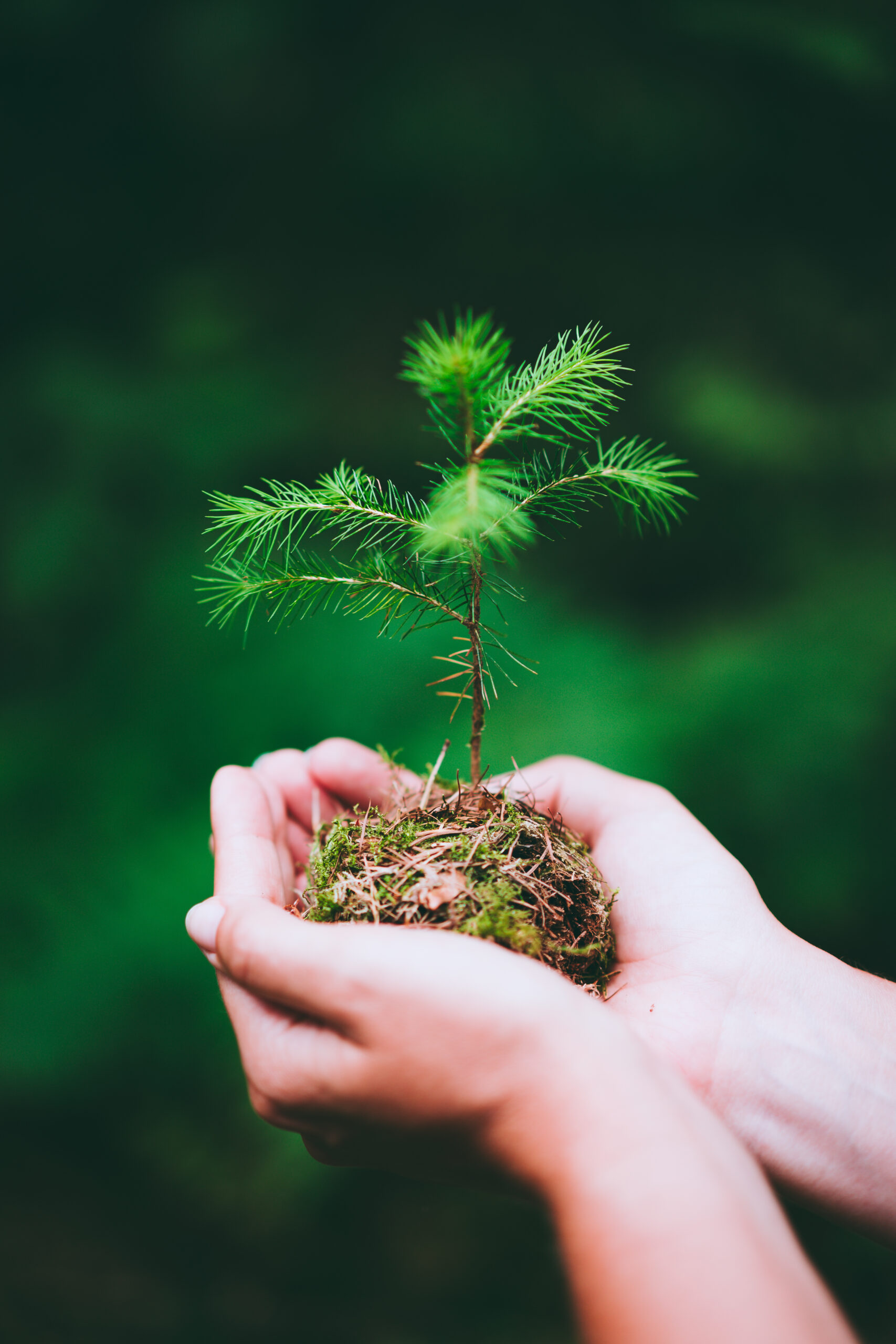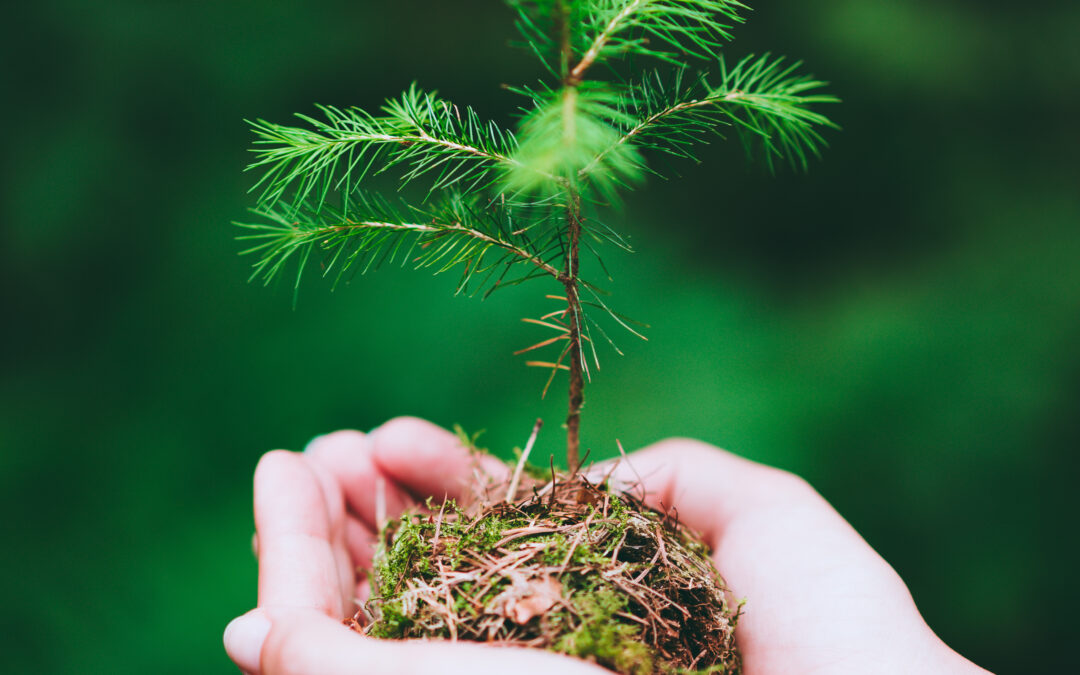Welcome to the world of organic gardening! Starting your own organic garden can be a fun and rewarding experience. In this guide, we will cover everything you need to know about how to start your own organic garden as a beginner.
Organic gardening is a method of growing plants without using synthetic fertilizers or pesticides. Instead, it relies on natural methods such as composting, crop rotation, and companion planting to maintain soil health and control pests. By following these practices, you can grow fresh, nutritious produce while also protecting the environment.
Choosing the Right Plants and Soil
The first step in starting an organic garden is choosing the right plants and soil. You should select plants that are well-suited for your climate and growing conditions. Consider factors like sunlight exposure, water availability, and soil type when selecting your plants.

When it comes to soil, choose one that is rich in organic matter, such as compost or manure. This will provide your plants with the nutrients they need to thrive. You may also want to consider adding mulch to your garden beds to help retain moisture and suppress weeds.
Tips for Growing Your Own Organic Vegetables
Once you have selected your plants and prepared your soil, it’s time to start growing your own organic vegetables. Here are some tips to get you started:
1. Water regularly: Keep your plants well-watered, but avoid overwatering which can lead to root rot.
2. Fertilize naturally: Use compost tea or other natural fertilizers to feed your plants.
3. Control pests: Use natural methods like companion planting and handpicking to control pests. Avoid using chemical pesticides.
4. Harvest at the right time: Know when to harvest your crops to ensure optimal taste and quality.
Pest Control in an Organic Garden
One of the challenges of organic gardening is controlling pests without using chemical pesticides. Here are some natural ways to control pests in your organic garden:
1. Companion Planting: Planting certain plants together can help repel pests and attract beneficial insects. For example, marigolds are known to repel nematodes.
2. Handpicking: Remove pests by hand whenever possible. This can include picking off bugs or removing diseased leaves.
3. Natural Predators: Encourage natural predators like ladybugs and lacewings to your garden by providing them with habitat and food sources.
In conclusion, starting your own organic garden can be both rewarding and challenging. With careful planning, attention to detail, and a little bit of elbow grease, you can grow your own delicious, organic produce while also protecting the environment. Good luck and happy gardening!



